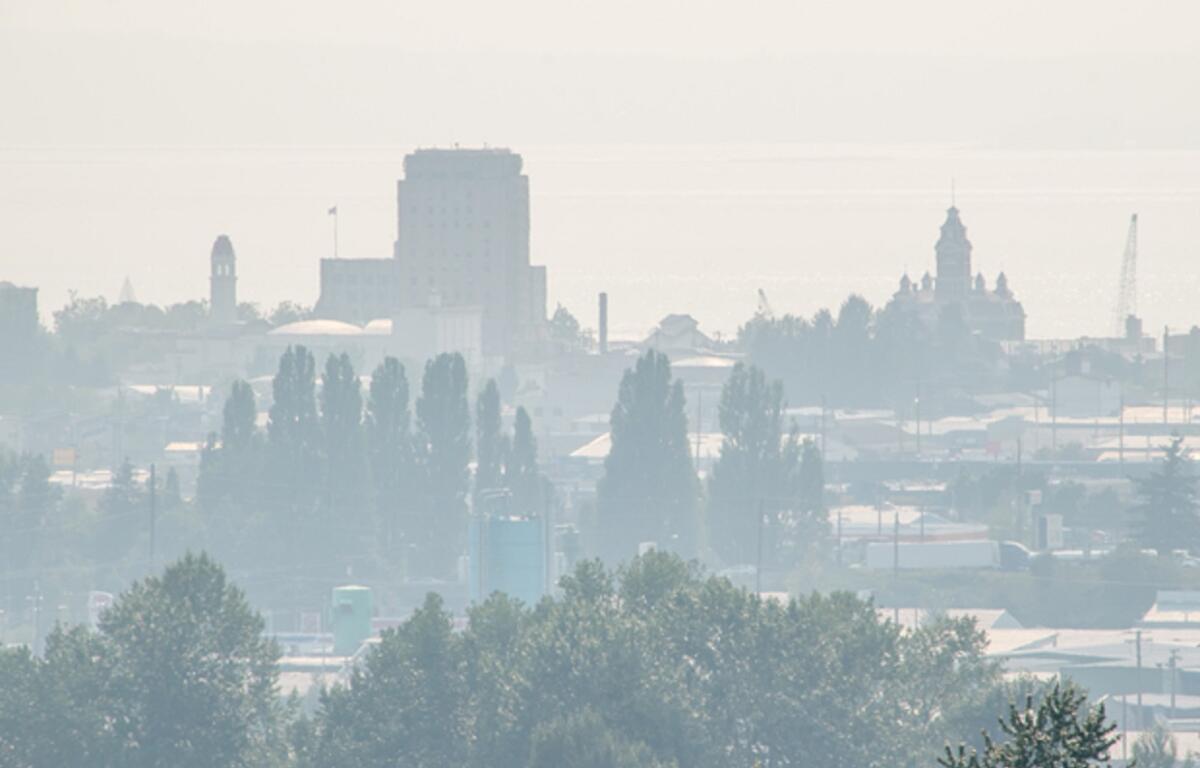CHICAGO, Ill. – A new study may have pinpointed why last summer’s heatwave became so deadly.
University of Chicago researchers have found that a change in the jet stream created a stagnant column of warm air over the Pacific Northwest and trapped heat near the surface.
They call the change in the jet stream a “blocking anticyclone,” and found that it grew out of a cyclone in the Gulf of Alaska.
They say the formation of clouds in the storm released heat that helped build the blocking anticyclone.
And they conclude that a warming climate will lead to more moisture in the atmosphere and more intense heatwaves.
The heatwave over the Northwest last June killed 1000 people in the U.S. and Canada.




